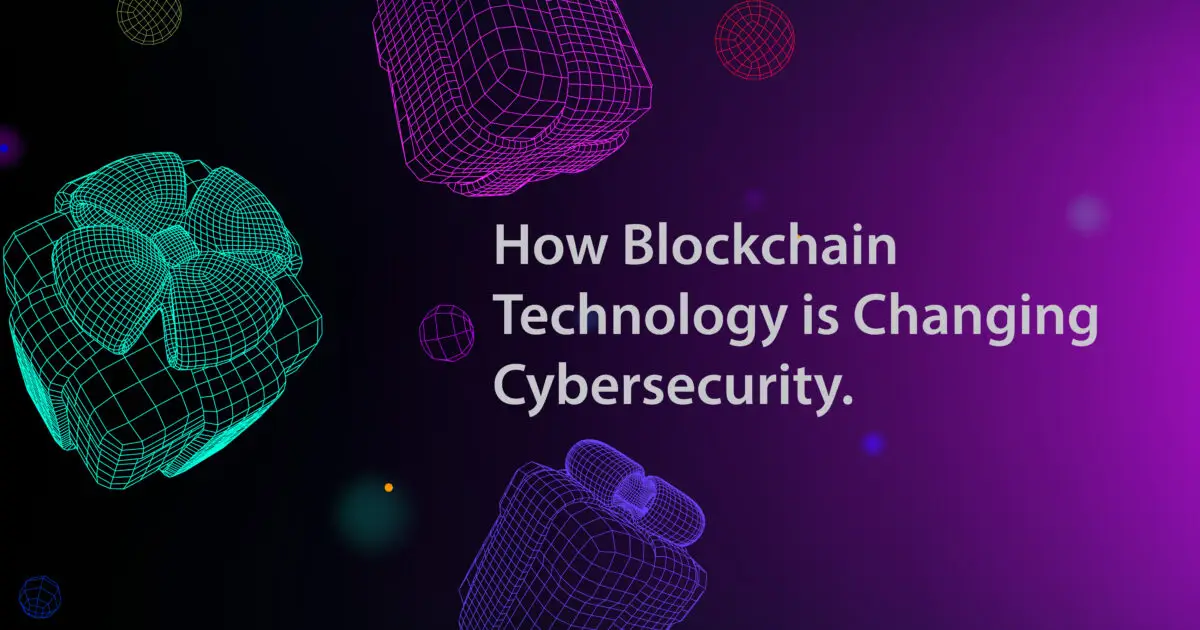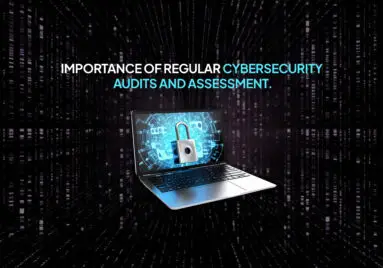In an era where digital threats loom larger than ever, cybersecurity has become a cornerstone of modern technology. However, traditional approaches to protecting sensitive data and systems often fall short against increasingly sophisticated cyberattacks. Enter blockchain technology, a transformative force reshaping how we think about cybersecurity.
With its decentralized and immutable nature, blockchain has been a game-changer across industries. But how exactly does it impact cybersecurity? Let’s dive into the fascinating ways this technology is revolutionizing the digital safety landscape.
Decentralization: A Shield Against Single Points of Failure
One of blockchain’s standout features is its decentralized structure. Unlike traditional systems that store data in a centralized server, blockchain distributes information across a network of nodes. This makes it incredibly difficult for hackers to target a single point of failure.
Imagine your sensitive data is stored in a vault, but instead of one vault, there are thousands, each holding a small piece of the puzzle. Even if one is breached, the attacker gains nothing of value. This decentralized approach significantly reduces the risk of massive data breaches.
Take, for example, the infamous Equifax breach in 2017, where hackers accessed the personal information of 147 million people. Had blockchain technology been in place, such a devastating attack might have been prevented.
Immutability: A Weapon Against Data Tampering
Blockchain’s immutable nature means that once information is added to the ledger, it cannot be altered. Each block in the chain is cryptographically linked to the previous one, creating a tamper-proof record of transactions or data.
For cybersecurity, this is a game-changer. It ensures data integrity and makes it virtually impossible for malicious actors to modify or delete records without detection. This feature is particularly valuable for industries like finance and healthcare, where data accuracy is paramount.
For instance, blockchain can secure medical records, ensuring they remain accurate and accessible only to authorized personnel. This not only protects patient privacy but also prevents fraud and abuse.
Enhanced Identity Verification
Identity theft is among the most prevalent forms of cybercrime. Blockchain offers a robust solution by enabling decentralized identity verification. Instead of relying on a central authority to manage and verify identities, blockchain allows individuals to control their own digital identities.
Users can authenticate themselves without disclosing private information by using cryptographic keys. This reduces the risk of identity theft and ensures that personal data remains private.
Smart Contracts: Automating Security Protocols
Another remarkable feature of blockchain is the use of smart contracts, self-executing contracts with predefined rules encoded in the blockchain. These contracts automatically enforce terms and conditions, eliminating the need for intermediaries and reducing human error.
In cybersecurity, smart contracts can automate processes like access control, ensuring only authorized users can access certain data or systems. If a user fails to meet the specified criteria, access is denied—no manual intervention required.
For instance, companies can use blockchain to secure their supply chains. Users can authenticate themselves without disclosing private information by using cryptographic keys.
Blockchain in IoT Security
The Internet of Things (IoT) has brought incredible convenience but also significant security risks. With billions of connected devices, each one represents a potential entry point for hackers.
By offering a decentralized foundation for device identification and communication, blockchain can improve IoT security. By using blockchain, IoT devices can securely exchange data without relying on a central server, reducing the risk of cyberattacks.
Distributed Denial-of-Service (DDoS) Prevention
DDoS attacks are among the most disruptive cyber threats, overwhelming servers with excessive traffic and causing systems to crash. Blockchain can help mitigate these attacks by distributing resources across a decentralized network.
In a blockchain-based system, traffic is distributed among multiple nodes, making it nearly impossible for attackers to overwhelm the network. Moreover, blockchain can identify and filter out malicious traffic in real-time, ensuring uninterrupted service.
Challenges and Limitations of Blockchain in Cybersecurity
Blockchain has a lot of potential, but it’s not a solution. It has drawbacks and difficulties just like any other technology.
- Scalability: Blockchain networks can struggle with scalability, especially as the number of users and transactions grows.
- Energy Consumption: Some blockchain systems, like Bitcoin, require significant energy resources, making them less sustainable.
- Complexity: Implementing blockchain solutions can be complex and costly, requiring specialized expertise.
Organizations must weigh these factors carefully before adopting blockchain for cybersecurity purposes.
Real-World Applications and Success Stories
Blockchain is already making waves in cybersecurity across various sectors:
- Financial Services: Banks are using blockchain to secure transactions and combat fraud. For instance, J.P. Morgan’s Quorum blockchain ensures secure and transparent financial operations.
- Healthcare: Companies like Guardtime are using blockchain to protect medical records and ensure data integrity.
Government: Governments worldwide are exploring blockchain for secure voting systems, ensuring transparency and preventing tampering.
The Future of Blockchain in Cybersecurity
As cyber threats continue to evolve, blockchain’s role in cybersecurity is likely to grow. Emerging innovations, such as quantum-resistant blockchains, promise to address current limitations and make the technology even more robust.
Moreover, as more organizations recognize blockchain’s potential, we can expect widespread adoption across industries. From securing supply chains to protecting personal data, blockchain is set to redefine the cybersecurity landscape.
Conclusion
Blockchain technology is more than just a buzzword—it’s a powerful tool that’s reshaping how we approach cybersecurity. By leveraging its decentralized, immutable, and transparent nature, blockchain offers unprecedented protection against cyber threats.
Even while there are certain difficulties, they are greatly outweighed by the possible advantages. As we move into a digital-first future, embracing blockchain could be the key to building a safer, more secure online world.
Whether you’re a business leader, a tech enthusiast, or just someone curious about the future of technology, one thing is clear: blockchain is here to stay, and its impact on cybersecurity is only beginning.





